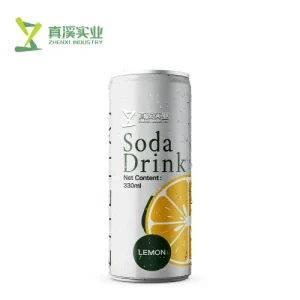The role of a beverage supplier in the food and drink industry is pivotal. Their influence on product quality is profound, affecting everything from the taste and appearance of beverages to their safety and consumer satisfaction. Understanding how a supplier impacts these areas can help businesses make informed decisions about whom to partner with for their ingredient needs.
Source of Ingredients
The quality of ingredients supplied directly impacts the final product. High-quality ingredients enhance flavor, ensure safety, and can even extend the shelf life of beverages. For example, organic or specialty suppliers might offer fruit concentrates with a 20% higher antioxidant capacity compared to standard offerings, significantly boosting the health appeal of a drink. Thus, securing a supplier known for premium inputs is crucial for maintaining product excellence.
Consistency Across Batches
Consistency is king in maintaining brand loyalty and consumer trust. Beverage suppliers play a crucial role in ensuring that every batch of ingredients they deliver meets the same standards of quality. Inconsistencies can lead to variations in product taste and quality, potentially damaging a brand's reputation. Suppliers should have stringent quality control processes in place, ideally with certifications like ISO 9001 to back up their claims.
Innovation and Product Development
A supplier's capability to offer innovative solutions can significantly affect a brand's competitive edge in the market. For instance, a supplier might provide access to the latest flavor trends or emerging health ingredients that can distinguish a beverage on crowded shelves. Partnering with a supplier who invests in research and development can provide a company with access to cutting-edge ingredients that enhance product appeal and functionality.
Compliance with Health and Safety Standards
Safety must never be compromised. Beverage suppliers must adhere to strict health and safety regulations to ensure that their products are safe for consumption. This includes regular audits and compliance with local and international food safety standards, such as the FDA in the United States or EFSA in Europe. A lapse in safety can lead to product recalls, legal consequences, and severe brand damage.
Logistical Capabilities Affecting Freshness
The logistics of how ingredients are stored, handled, and transported by the supplier can also impact the freshness and quality of the product. Efficient logistics prevent delays in delivery, which is crucial for ingredients that are perishable or have a short shelf life. Proper storage conditions maintain ingredient integrity, preventing spoilage or contamination that could compromise the final product.
Sustainability Practices
More and more, consumers are judging the quality of a product not just by its taste and safety, but also by its environmental impact. Suppliers that prioritize sustainable practices in sourcing and packaging contribute positively to a brand's image and appeal to eco-conscious consumers. For instance, using sustainably sourced ingredients and biodegradable or recyclable packaging can enhance product marketability and align with corporate social responsibility goals.
Selecting the right beverage supplier is not just a matter of sourcing ingredients but choosing a partner that will uphold and enhance the quality of your products. The right supplier should align with your business’s standards for quality, innovation, and sustainability, ensuring that every aspect of the supply chain contributes positively to the final beverage offered to consumers.
